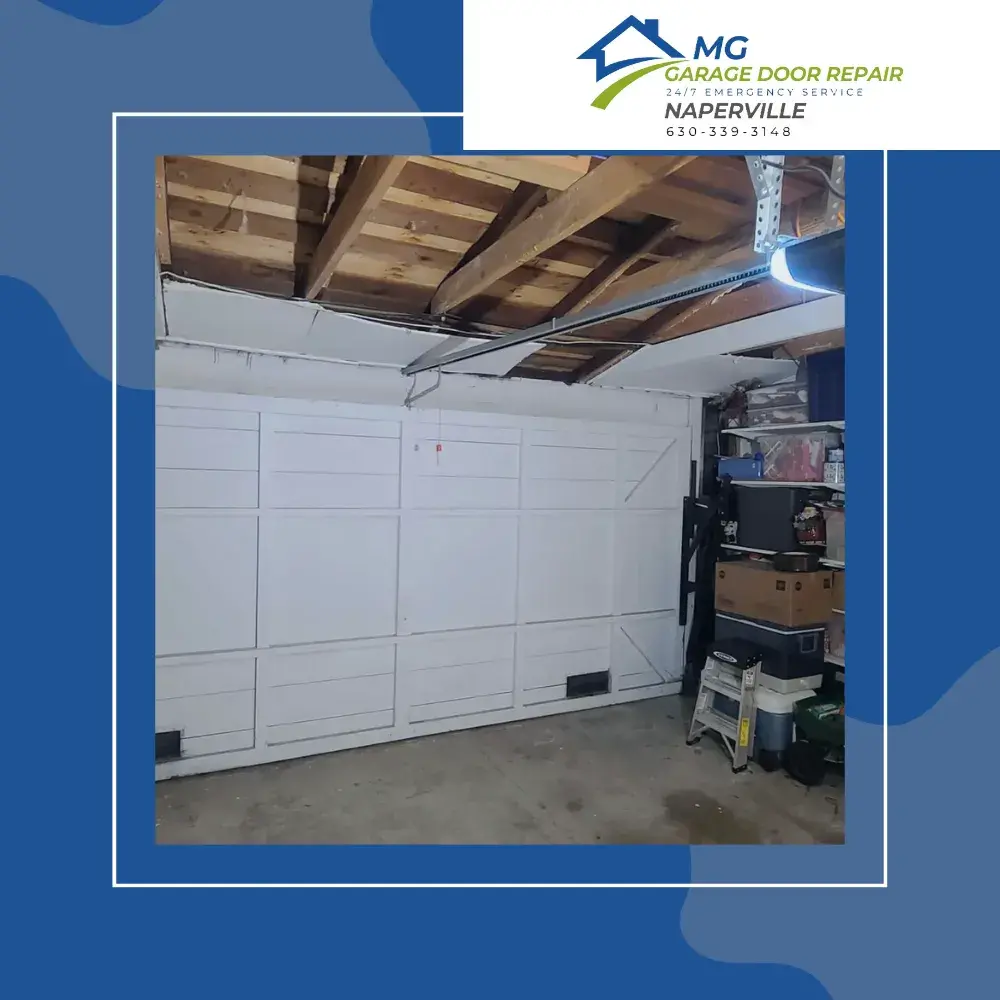Understanding the distinct features between residential and commercial garage door installations is crucial for anyone looking to make an informed choice. Whether it’s for a home or a business, each type has specific requirements that impact functionality, cost, and maintenance. By recognizing these differences, property owners can select the best option tailored to their needs.
Purpose and Design Requirements
Residential garage doors are designed with aesthetics and personal use in mind. They often feature materials like wood, aluminum, or steel with stylish finishes that complement a home’s exterior. In contrast, commercial garage doors prioritize durability and functionality. They are typically constructed from heavy-duty materials such as galvanized steel, designed to withstand frequent use and provide maximum security for business assets. Additionally, commercial doors may include advanced features like automatic openers and high-speed operations to improve efficiency.
Size and Structural Differences
Another notable distinction is the size and structural complexity. Residential garage doors are generally smaller, designed to accommodate personal vehicles and limited storage space. On the other hand, commercial garage doors are significantly larger to fit various types of vehicles, including trucks and forklifts. This size variance demands stronger support systems and more robust installation techniques to handle the weight and frequent use.
Installation and Maintenance Complexity
The process of installing a residential garage door tends to be more straightforward, requiring less time and fewer specialized tools. In contrast, commercial garage door installation is a more complex task that involves industrial-grade components, heavy-duty tracks, and reinforced springs. Maintenance needs also differ; while residential garage doors require occasional checks for wear and tear, commercial setups demand regular professional inspections to ensure optimal performance and safety. Businesses often integrate these services with garage door repair packages to prevent costly downtime.
Cost Implications and Long-Term Value
Cost is a significant factor that distinguishes residential from commercial garage doors. Residential installations are generally more affordable due to the smaller size and less complex materials. However, commercial garage doors, with their heavy-duty construction and additional features, come at a higher initial cost. Despite this, their longevity and the reduced need for frequent repairs often provide better long-term value. For businesses, investing in a high-quality commercial door can enhance security and operational efficiency, ultimately saving costs associated with replacements and garage door repair services.
In summary, selecting between residential and commercial garage door installations requires a clear understanding of their differences. From design and size to installation complexities and cost, each type serves unique purposes. By evaluating specific needs and considering future maintenance, property owners can make decisions that balance functionality and investment.
Learn More
Why Residential Garage Door Installation Should Be Handled by Experts

